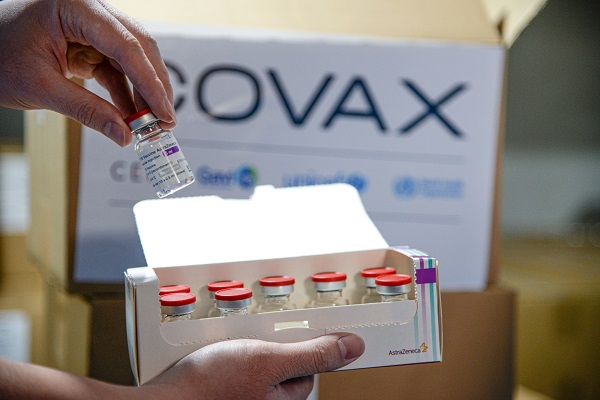
In a decisive move to tackle health challenges in West Africa, head of policy influencing and advocacy at the West Africa Civil Society Institute (WACSI-Node) in Nigeria, Ms. Omolara Balogun pledged the institute’s unwavering dedication.
The commitment was declared during the regional stakeholder’s forum on health systems post COVID-19 held in Abuja.
The forum aimed to launch a report titled “Preparedness of Public Health Systems to Respond to Future Health Emergencies Using COVID-19 Responses as Case Study”. The comprehensive study assessed the state and readiness of public health systems in 10 West African countries, including Ghana, Nigeria, Liberia, Sierra Leone, The Gambia, Senegal, Niger, Burkina Faso, Benin and Cape Verde.
Balogun highlighted the profound impact of COVID-19 on the region, affecting nearly every sector of its economy. She noted that 35 per cent of NGOs in Africa had to shut down, and many experienced salary cuts, emphasising the severe blow suffered by the health sector.
Adding to the discussion, executive director of the Centre for Accountability and Inclusive Development (CAAID) in Nigeria, Ms. Aanu Rotimi emphasised the need to prioritise locally-produced solutions. Rotimi pointed out that, during the pandemic, much attention was given to the importation of vaccines to Africa. She urged civil society organisations to extend their support beyond their usual boundaries, advocating for regional blocs like the Economic Community of West African States (ECOWAS) to prioritise health security.
“It was difficult sending vaccines to Africa, while some lay waste in the Western world,” Rotimi remarked, underscoring the importance of regional collaboration for the health safety of the continent.
The Open Society Foundations (OSF) Africa, stressed the critical insights provided by the report, which exposed gaps and weaknesses in the public health systems of Africa. They emphasised the need for a greater commitment to improving health systems based on the challenges revealed in the research.
Meanwhile, experts at the forum questioned the extent to which information on COVID-19 has been utilised. They called for proactive measures rather than a reactionary approach, advocating for the involvement of public and private leadership in health systems across the region. The consensus was that the lessons learned from COVID-19 must be translated into legislation and concrete actions to counter the threats of future pandemics in West Africa.

